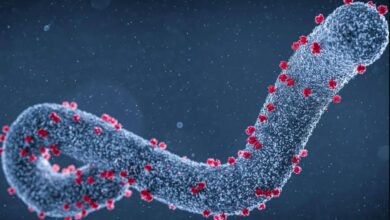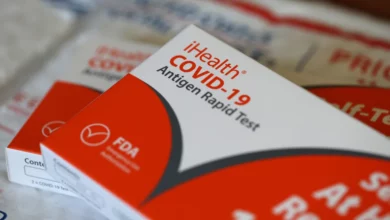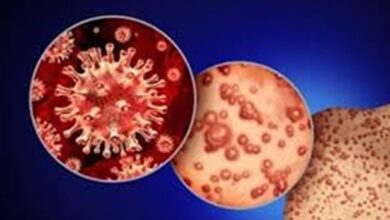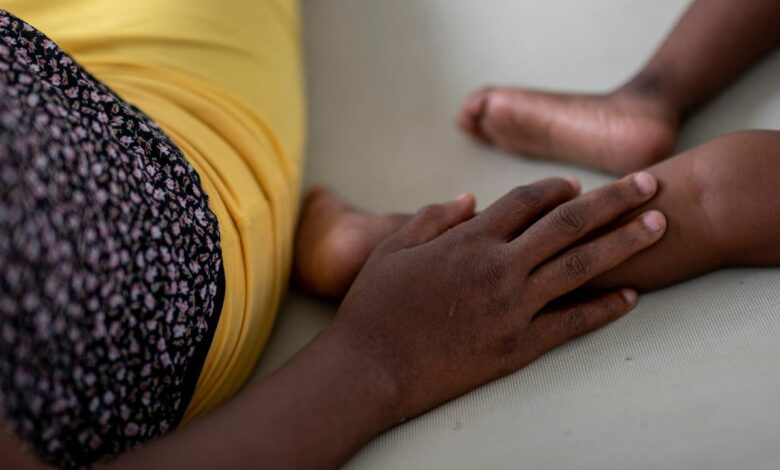
Eighty-nine of the people who were infected died in a hospital or in cholera treatment centers, while 47 of them died at home, according to the Haitian Health Ministry’s statement.
The Haitian government is working with international health organizations to respond to the crisis.
“We have been receiving 250 people a day lately. There’s a surge in cases in most parts of the metropolitan area. This is very concerning for us as we have a limited capacity with around 350 beds in our cholera treatment centers,” said Alexandre Marcou, a communications officer for medical NGO Médecins Sans Frontières, speaking to CNN on Wednesday.
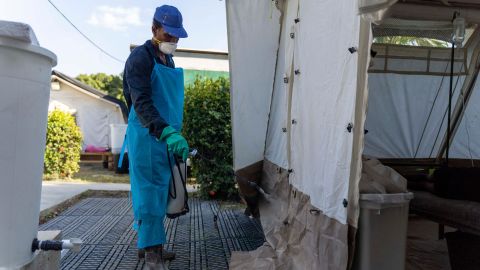
People who live in areas with shortages of safe drinking water or inadequate sanitation are vulnerable to cholera, which can result from consuming bacteria-contaminated food or water.
Although vaccines exist and symptoms can be “easily treated,” according to the World Health Organization, cholera remains an insidious killer through dehydration in the developing world.
Just one month ago, the Health Ministry had documented only eight cholera deaths, all in the densely populated capital Port-au-Prince.
Now, according to Marcou, the virus is spreading in remote areas of the country, which health services struggle to access and monitor.
“These places are harder to know what is going on there in real time due to the current crisis. It is clear the situation is getting worse and worse every day,” he said.
Until this year, the disease appeared to have been largely stamped out of the country, after a nationwide public health effort.
The last outbreak began in 2010, when cholera spread from a camp of United Nations peacekeepers into the population.
That outbreak ultimately reached 800,000 cases and claimed at least 10,000 lives. Though the UN has acknowledged its involvement in the outbreak, it has not accepted legal responsibility. Rights organizations have not stopped calling for financial compensation for victims.

